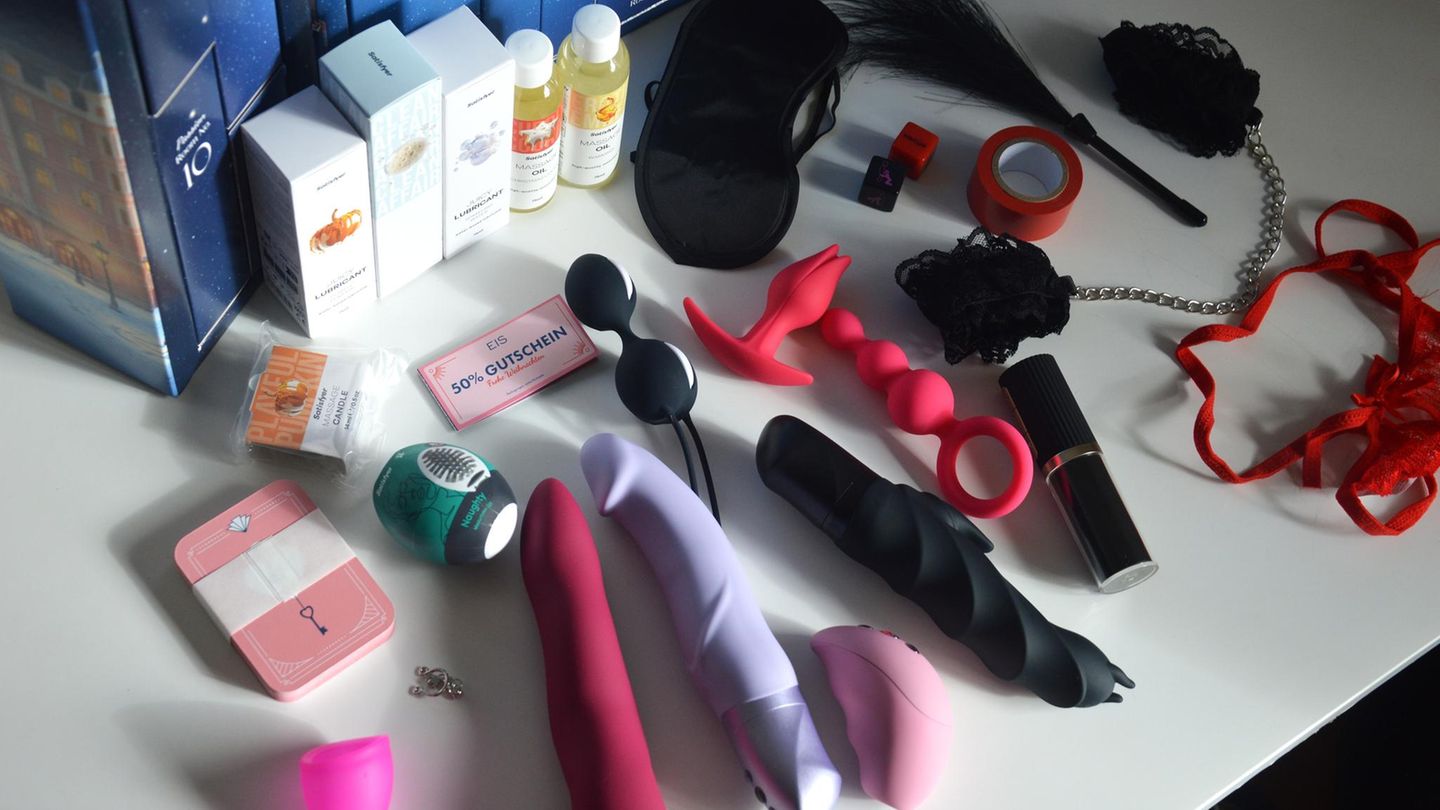They scan personnel files for companies, work in garden centers or carpentry shops, and clean and label. Hundreds of Upper Austrians work as so-called “transit workers”. These are people who have been unemployed for a long time for a variety of reasons and are employed for a limited period in non-profit projects, social economic enterprises – with the aim of being able to gain a foothold in the regular job market at some point.
But the number of people who get such a chance will fall this year. As is often the case, the reason is financial: the AMS, from which a large part of the funds for these projects comes, has largely continued the budgets from the previous year. In view of increasing energy costs, but especially with the collective wage increases in the social sector, the sponsoring organizations have to save around ten percent, sometimes even more.
FAB, for example, operates 13 social enterprises throughout Upper Austria and speaks of painful cuts that have been distributed across all enterprises so that they remain viable. “We had to reduce the number of transit employees at most locations and also cut hours for supervisors,” says Günther Dachs, who heads the department at FAB. Postscript: “We hope that this will end.” FAB has so far been able to avoid company closures.
Companies had to close
It’s different with Volkshilfe and pro mente: As the OÖN has already reported, the “webart” textile workshop, a traditional part of the Linz Work Training Center (ATZ), is closing after 40 years. The work training center “Kartonia & Kreatives” in Altenfelden even has to close as a whole. In both cases, the employees were able to be offered alternative employment within Pro Mente Upper Austria, but the transit jobs have disappeared.
Volkshilfe Upper Austria reports something similar. The budget volume there has decreased compared to the previous year, which means that ten to 15 percent savings had to be made and the transit workforce had to be reduced by eleven to a total of 60. The restaurant in Schärding had to close completely and two regular employees also lost their jobs.
The savings will also affect smaller organizations. The SAUM association, which runs several training and employment projects in the Mühlviertel, also complains about around ten percent less funding. Specifically, for the socio-economic company “Donauwerkstätten” this means a reduction in transit jobs from 15 to 12.7 full-time equivalents and 27 hours fewer for permanent staff. “It’s very noticeable,” says managing director Claudia Böberl. The need would be great, as Susanne Steckerl, managing director of “she works”, explains: “We are completely booked because after the Corona period, many mental illnesses and social deficits will become visible.” She complains that everything is being lumped together and that all companies will simply receive the money from 2023. The larger organizations would find it easier to balance this. Steckerl fears for small and medium-sized businesses like hers. Because these would be closer to the people and thus a corrective to the large organizations. Diversity would also be lost. “The situation creates pressure and that has a negative impact on work,” says Stefan Sifkovits from the Salzkammergut Education Center (BIS), which operates delicatessens and shops, among other things: “It hurts us that there is a lack of staff because we are reducing opening hours had to.”
The AMS points out that the total Upper Austria budget made available by the federal government for active labor market policy has increased from around 151.5 million euros to around 160.6 million. The distribution of the funds will not be announced until the end of February or beginning of March. “Our wish is that politicians don’t forget about the long-term unemployed,” says Dachs from FAB.
My themes
For your saved topics were
new articles found.

info By clicking on the icon you can add the keyword to your topics.
info
By clicking on the icon you open your “my topics” page. They have of 15 keywords saved and would have to remove keywords.
info By clicking on the icon you can remove the keyword from your topics.
Add the topic to your topics.
Source: Nachrichten




